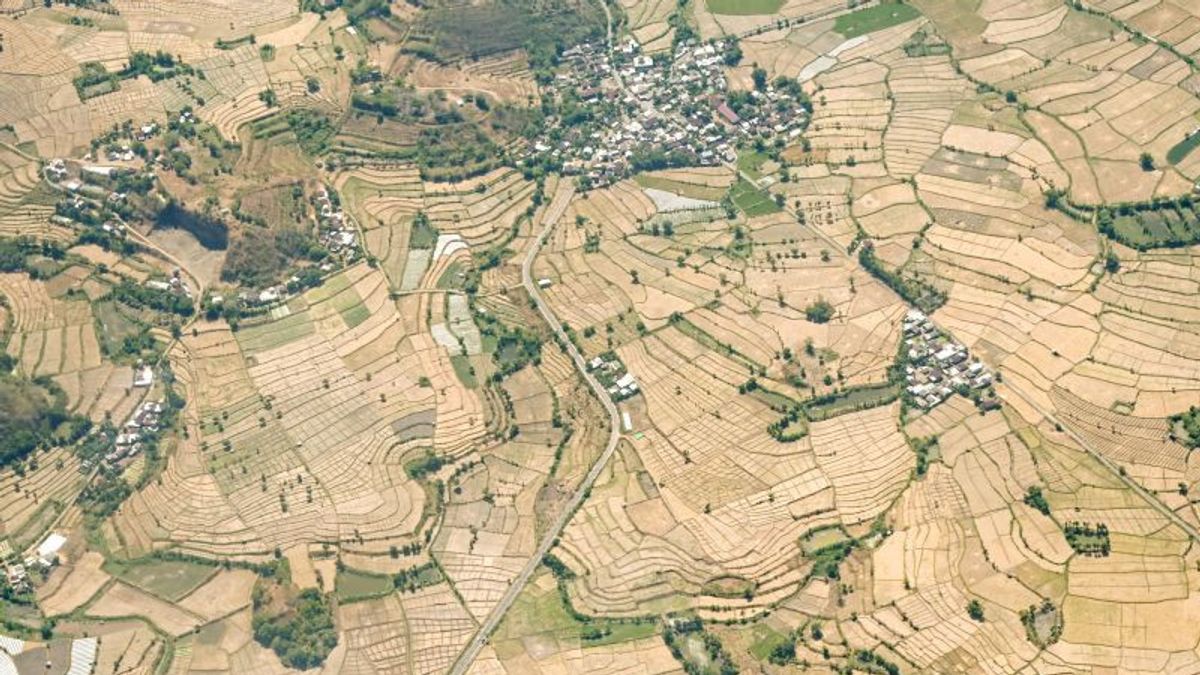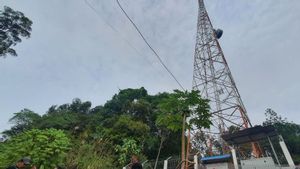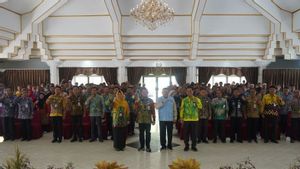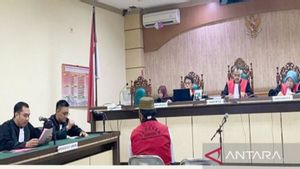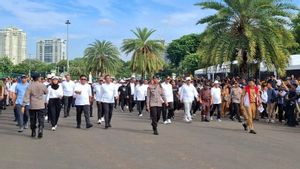MATARAM - The Department of Agriculture and Plantation of West Nusa Tenggara (NTB) revealed that drought in agricultural land due to the dry season began to occur in the region.
"On average, NTB has experienced drought, except for Mataram City," said Head of the NTB Agriculture and Plantation Service Muhammad Taufieq Hidayat in Mataram, Antara, Tuesday, July 23.
Taufieq said that although it had not rained for a long time and drought hit many places, it did not have a significant impact on food production.
Farmers in West Nusa Tenggara are able to read natural conditions and only plant commodities that have the potential to harvest, such as corn and tobacco that are suitable during the dry season.
"Farmers are actually smart, they see the climate if (drought) does not match rice, so they plant potential (growing) so they can not grow but cannot harvest," said Taufieq.
The NTB Agriculture and Plantation Service said the rice production figure until the first semester of 2024 had reached 899 thousand tons, while the production target was 1.4 million tons this year.
The government helps farmers by pumping and irrigation pumping as a form of mitigation in the face of the dry season.
Irrigation of pumping is cash assistance to farmer groups worth IDR 112.8 million. Farmers plan their own patterns with the help of a companion consultant.
Meanwhile, pumping is an aid from the central government of around 4,100 units.
"Now the aid has been absorbed by around 30 percent," said Taufieq.
He further conveyed that the reason the central government's assistance was not absorbed was because the distribution procurement process was a bit late, so farmers who should have planted rice had already planted corn.
The NTB government did not distribute pump assistance to farmers who planted corn because the pump was only for rice.
"If there are those who have not been distributed for the third planting season, there is a water source, they want to plant rice, then we will redistribute the pump again," concluded Taufieq.
The Meteorology, Climatology and Geophysics Agency (BMKG) revealed that the peak of the dry season in most parts of Indonesia occurred in July and August 2024.
The dominant wind from east to southeast brought dry and cold air masses from mainland Australia to Indonesia so that it did not support the cloud growth process.
SEE ALSO:
The English, Chinese, Japanese, Arabic, and French versions are automatically generated by the AI. So there may still be inaccuracies in translating, please always see Indonesian as our main language. (system supported by DigitalSiber.id)
Most Popular Tags
#Prabowo Subianto #NCP #Palestine #tangerang sea fence #budget efficiency #iims 2025Popular
18 Februari 2025, 06:46
18 Februari 2025, 04:00
